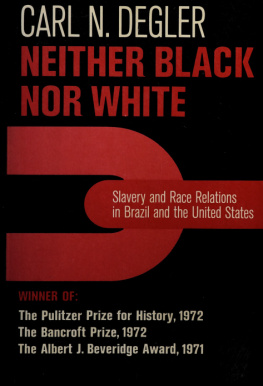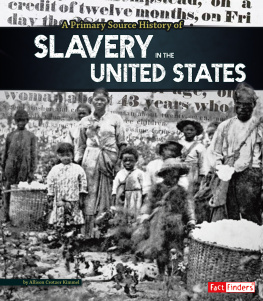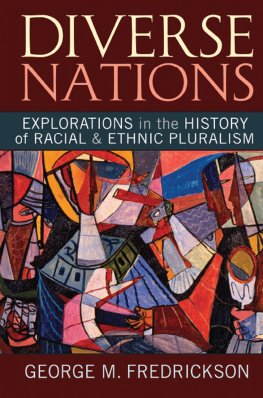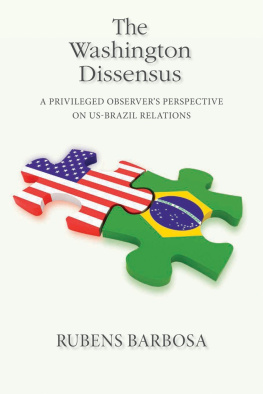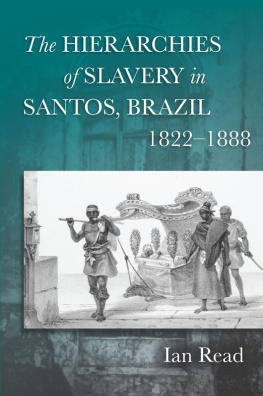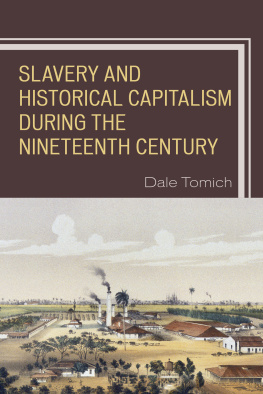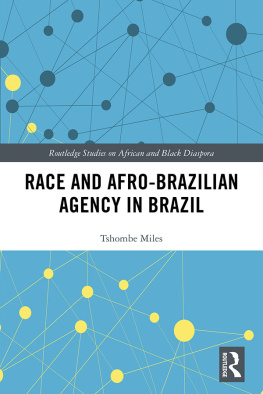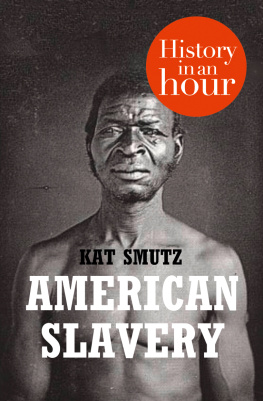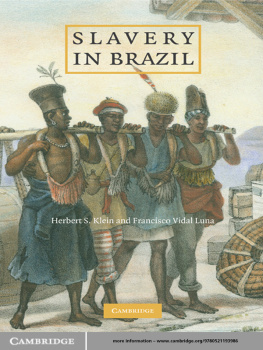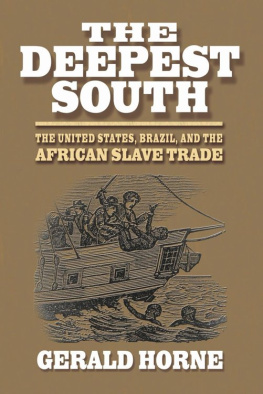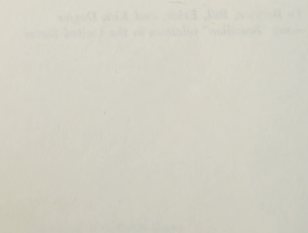Carl N. Degler - Neither Black Nor White: Slavery and Race Relations in Brazil and the United States
Here you can read online Carl N. Degler - Neither Black Nor White: Slavery and Race Relations in Brazil and the United States full text of the book (entire story) in english for free. Download pdf and epub, get meaning, cover and reviews about this ebook. City: Madison, year: 1986, publisher: University of Wisconsin Press, genre: History. Description of the work, (preface) as well as reviews are available. Best literature library LitArk.com created for fans of good reading and offers a wide selection of genres:
Romance novel
Science fiction
Adventure
Detective
Science
History
Home and family
Prose
Art
Politics
Computer
Non-fiction
Religion
Business
Children
Humor
Choose a favorite category and find really read worthwhile books. Enjoy immersion in the world of imagination, feel the emotions of the characters or learn something new for yourself, make an fascinating discovery.
- Book:Neither Black Nor White: Slavery and Race Relations in Brazil and the United States
- Author:
- Publisher:University of Wisconsin Press
- Genre:
- Year:1986
- City:Madison
- Rating:3 / 5
- Favourites:Add to favourites
- Your mark:
Neither Black Nor White: Slavery and Race Relations in Brazil and the United States: summary, description and annotation
We offer to read an annotation, description, summary or preface (depends on what the author of the book "Neither Black Nor White: Slavery and Race Relations in Brazil and the United States" wrote himself). If you haven't found the necessary information about the book — write in the comments, we will try to find it.
Until Deglers groundbreaking work, scholars were puzzled by the differing courses of slavery and race relations in the two countries. Brazil never developed a system of rigid segregation, such as appeared in the United States, and blacks in Brazil were able to gain economically and retain far more of their African culture. Rejecting the theory of Giberto Freyre and Frank Tannenbaumthat Brazilian slavery was more humaneDegler instead points to a combination of demographic, economic, and cultural factors as the real reason for the differences.
In the early 1970s when studies in social history were beginning to blossom on the North American scene, Carl Deglers prize-winning contribution was a thoughtful provocative essay in comparative history. Its thoughtfulness has not diminished with the years. Indeed, it is as topical today as when it was first published. The Brazilian experience with rapid industrialization and its attempt to restore democratic government indicates that the issues which Degler treated in the early 1970s are more pertinent than ever today.Franklin W. Knight, Department of History, Johns Hopkins University.
Carl N. Degler: author's other books
Who wrote Neither Black Nor White: Slavery and Race Relations in Brazil and the United States? Find out the surname, the name of the author of the book and a list of all author's works by series.

